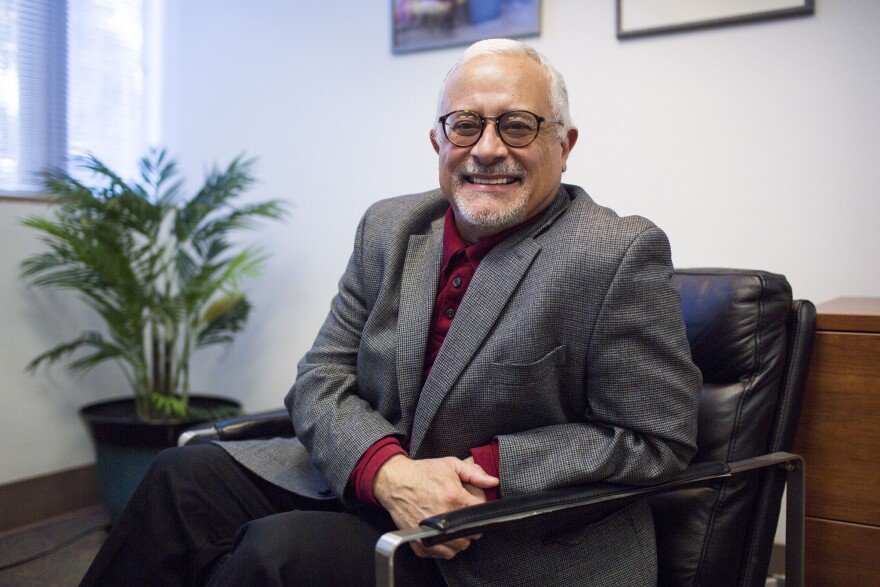Watchdog groups are concerned about a Department of Justice request to add a question about citizenship to the 2020 census. The agency says the information is needed to enforce the Voting Rights Act, specifically a section that bans racial discrimination.
“It’s just a ridiculous political statement and doesn’t hold water given the facts,” says Phil Sparks, co-director of the Census Project, a national coalition of groups that use census data.
Sparks says asking respondents whether they are U.S. citizens would throw a wrench into an already experimental process. The 2020 census will be the first one conducted largely online. He notes that the Census Bureau already collects citizenship data through smaller surveys.
The data from this 10-year count has major implications. It determines the number of seats each state gets in the U.S. House of Representatives. It’s also used determine how to distribute billions of dollars in federal funding. Should the Census introduce a question about citizenship, Sparks sees a potential for undercounting minority populations.
“Most census experts that I’ve talked to believe that it’ll severely impact the participation of Latinos if it goes through," Sparks says, "and that the Latino population will be substantially undercounted because of this action if it’s taken."
Still, the potential for undercounting isn’t new. An analysis of the 2010 census shows Latino residents were undercounted by about 775,000.
“The census has always been a scary proposition for people who are poor, who are in some form disenfranchised,” says Luis Zayas, dean of UT-Austin’s School of Social Work.
Zayas says for people who don’t regularly interact with the government, disclosing personal information to a Census worker can feel invasive. He says a key challenge in Texas is accurately counting mixed-status families – those where some members, often young children, are legal U.S. residents, while their parents are not. Zayas says those children live in constant fear of incriminating their parents.
“Every knock on the door is a frightening moment,” he says. “Every time that their mother or their father gets home late from work unexpectedly is a time of worry. What’s going to happen to them? Every time a police car pulls alongside at a stop light, they have to worry – Will they notice us and stop us and take away my mommy and daddy?”
Zayas points to the recent repeal of DACA, the Deferred Action for Childhood Arrivals program. Hundreds of thousands of young undocumented immigrants disclosed their information to the federal government. Now, many of them fear it may be used to deport them.
Zayas thinks minority residents will still fill out census forms, but they’ll likely leave out a lot of information, which could lead to gaps in the data.





